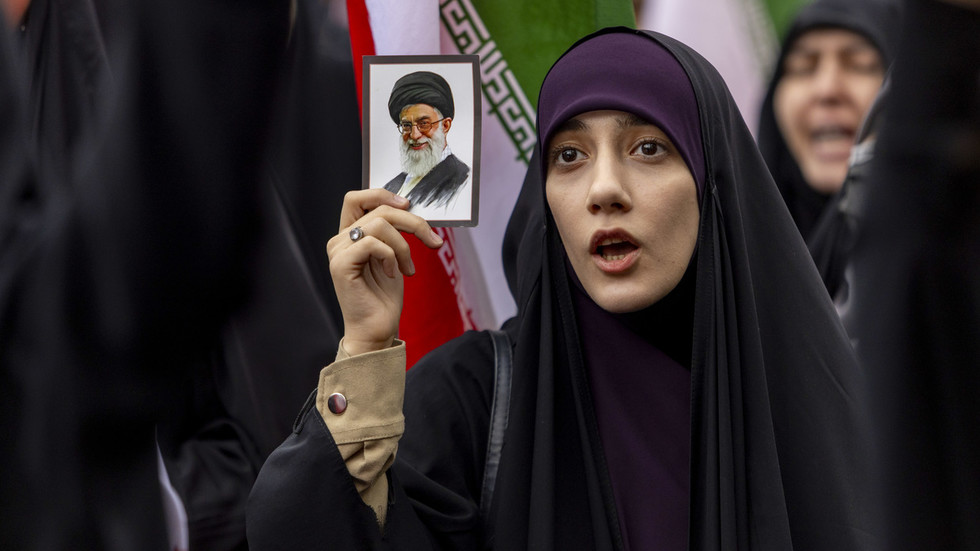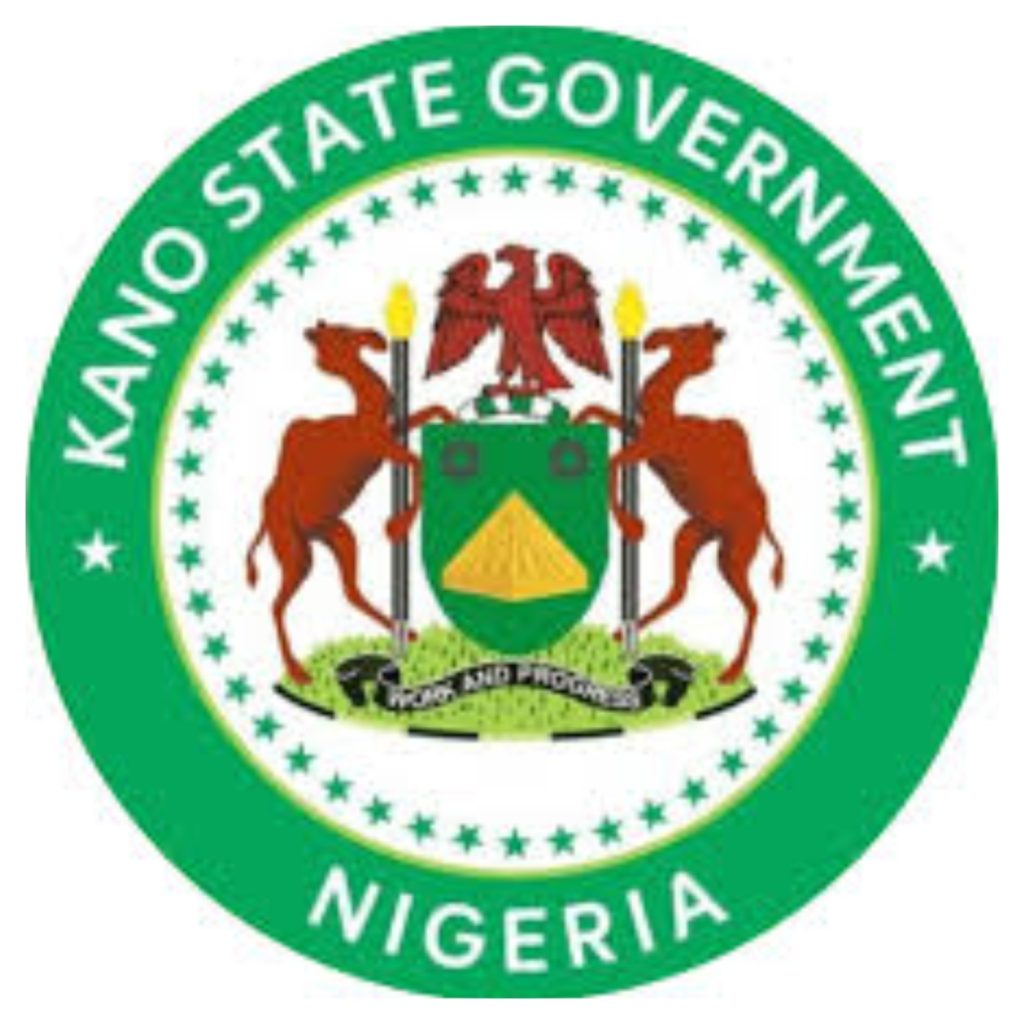As Ethiopia braces for the 2024 Summer Games in Paris, its Anti-Doping Authority is taking proactive measures to uphold integrity and combat drug misuse in sports. The Authority’s advanced testing and control initiatives, commencing earlier than planned, seek to ensure fair competition while safeguarding the country’s reputation on the global stage.
The Anti-Doping Authority of Ethiopia has stepped up its efforts to curb doping violations among Olympic hopefuls by implementing stringent testing and control measures, months ahead of schedule. This decisive move underscores the nation’s commitment to clean and ethical sportsmanship at the upcoming Paris Olympics.
Eight Ethiopian athletes have already faced fines, and two have been temporarily suspended due to doping violations, prompting the Authority to intensify its awareness campaigns and training programs. These efforts are geared towards fostering a culture of integrity and deterring drug misuse among Ethiopian athletes competing at the highest level.
Mekonen Yidersal, the Director General of the Authority, has revealed that comprehensive investigation and control operations will kick off in January, aiming to preempt and discourage potential doping infractions within Ethiopian athletics. Notably, the Olympic aspirations of distance runners Zerfe Wendemeagegn and Tsehaye Gemechu hang in the balance pending further investigation. Zerfe tested positive for the banned blood-booster EPO during out-of-season testing, while Tsehaye’s biological passport flagged anomalies, warranting additional scrutiny.
Kidese Tadesse, a senior medical expert in athletics at the Ethiopian Athletics Federation (EAF), underscores the rigorous testing procedures undergone by athletes, involving both blood and urine tests. Emphasizing the gravity of the matter, Kidese asserts that athletes suspected of using substances flagged by their Athlete Biological Passport (ABP) may face temporary suspension pending the clearance of their names.
In line with the World Anti-Doping Agency’s (WADA) guidelines, the ABP serves as a crucial tool for monitoring biological indicators over time that may hint at potential doping activities. This data-driven approach enables anti-doping organizations to identify athletes warranting further scrutiny through astute data interpretation.
Acknowledging the prevalence of doping in Ethiopian athletics, the EAF has cited the use of performance-enhancing substances for expedited recovery from illnesses, alongside the unauthorized availability of these substances and external support for athletes. To tackle these challenges, the Federation advocates for the formation of a national committee encompassing various stakeholders to combat doping in sports, safeguarding the integrity of Ethiopian athletics and its global standing. Despite these obstacles, Ethiopia is resolute in its commitment to participating in diverse sports disciplines at the upcoming Olympic Games, with athlete selection hinging on rigorous qualification criteria and unwavering adherence to anti-doping regulations.



